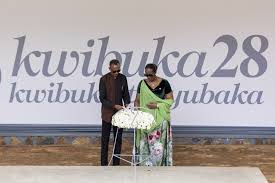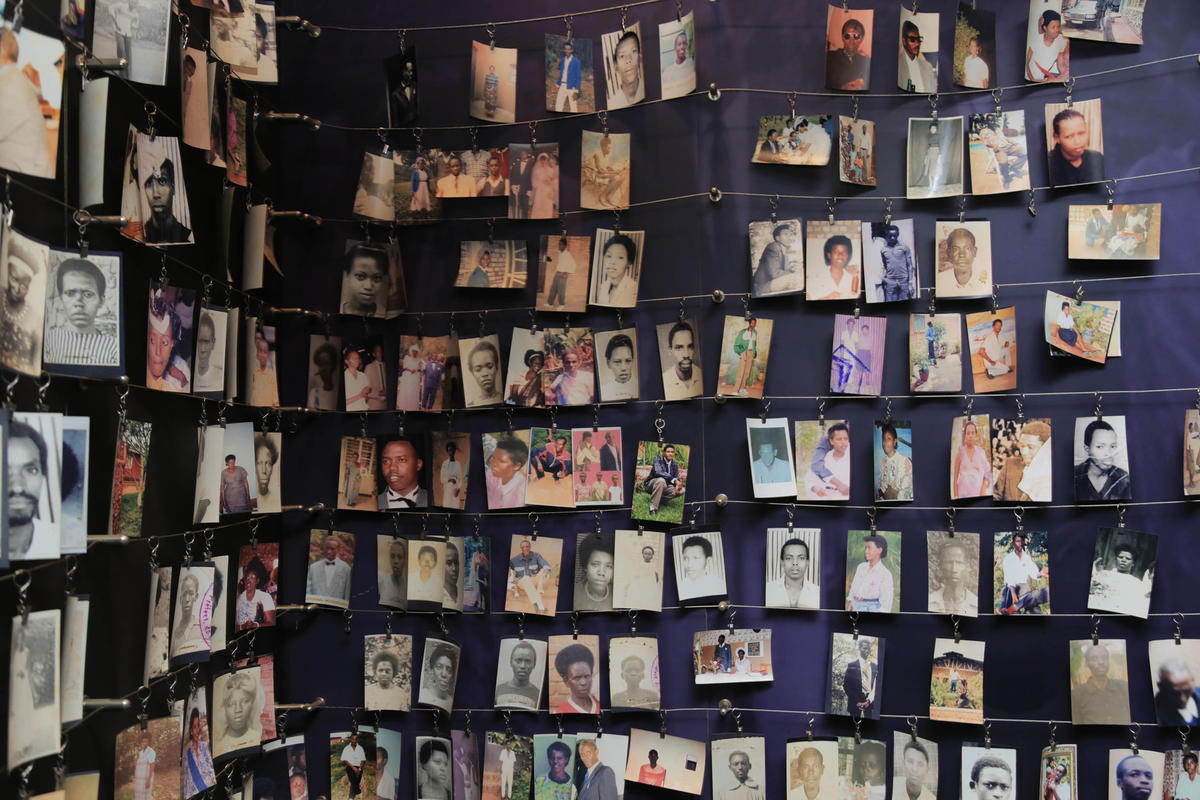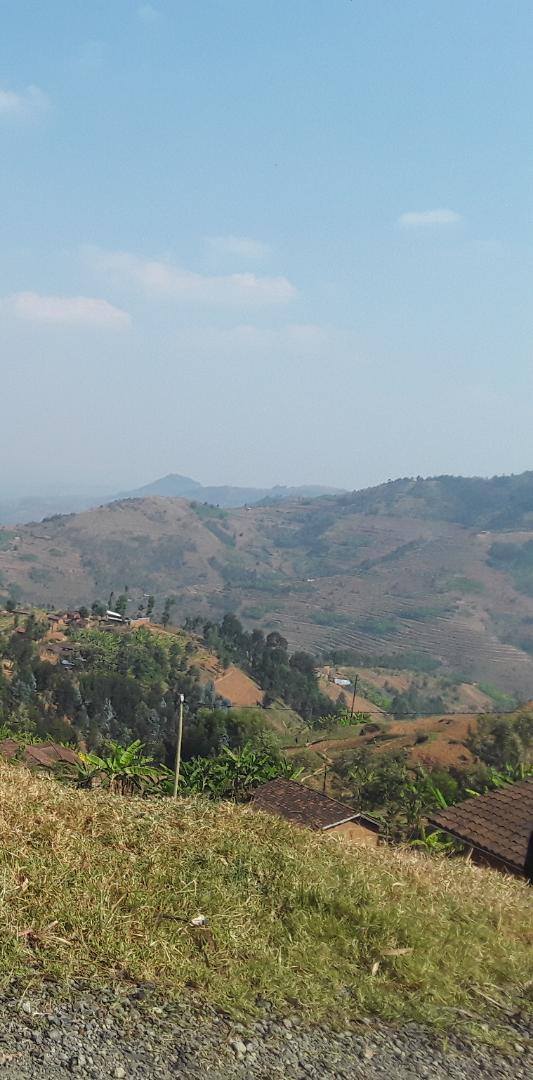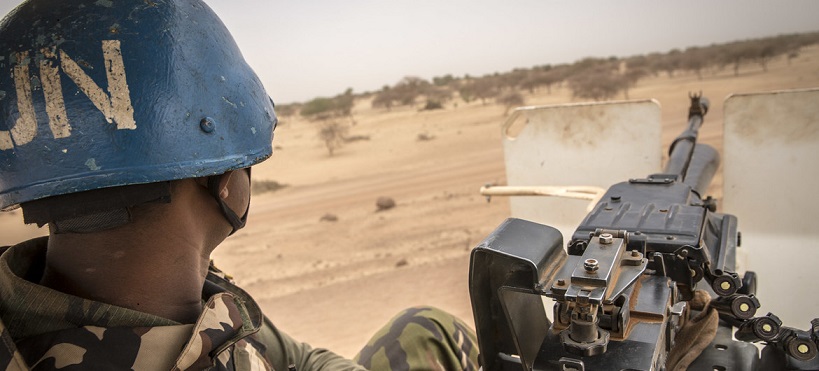Since1959, new political parties were formed. The main ones were PARMEHUTU, RADER,APROSOMA and UNAR. UNAR requested the immediate independence of Rwanda. Those whodid not claim immediate independence requested democracy first and the independence would come after 30 or 40 years.
They included PARMEHUTU, RADER and APROSOMA. Immediately after the plane of late President Juvenal Habyarimana was shot down while landing at Kanombe Airport in the night of April 6, 1994, the long-Olanned genocide started immediately.
All Tutsi and Hutu politicians who fought hatred and injustice were systematically eliminated.
The genocide lasted one hundred days, from April to July 1994. It was stopped by former RPF soldiers. “Remember-Unite-Renew”.
Howevwer, during and after the genocide, planners and try to deny it by all means, failure to do so, they minimize it or try to distort the truth around the Genocide perpetrators.
“Historical clarity is a duty of memory that we cannot escape. Behind the words ^Never Again^, there is a story whose truth must be told in full, no matter how uncomfortable.” Remarks by President KAGAME.
The spread of genocide ideology by leaders of the first political parties in Rwanda
In 1959, Joseph Habyarimana who created APROSOMA wrote and published the 10 Hutu Commandments in which he explained that no relationship should be between a Hutu and a Tutsi, that no Tutsi should be trusted, loved or valued in any way. Those "10 Commandments" served as a trigger to hate propaganda against the Tutsi.
As time went on, the ideology of hate and harassing Tutsi further took another level. In 1973, Tutsi. All Tutsi refugees of 1959, 1963 and 1973 were refused the right to return to their mother country for more than 30 years and were deprived of their properties. After the MRND's categorical refusal to solve democracy-related problems in Rwanda, the Rwandan refugees resorted to use force and they started the liberation war on October 1, 1990.
Incitement to hatred and killing of Tutsi during the liberation war
When RPF-Inkotanyi started the liberation war from October 1990, this served as a pretext for a group of Hutu hardliners under the Hutu Power to openly persecute and kill Tutsi. To get the massive adherence, the regime told the population that the invaders were Tutsi from Uganda but collaborating with the Tutsi inside the country (Their accomplices); thus all of them wanted to reconquer the power of Hutu majority and bring back the monarch and slavery. In that regard, any Hutu was sensitized about their real enemy and that had to fight him in self-defense. The ones who opposed that plan was considered as national traitor as it was published in Kangura Newspaper in December 1990. That propaganda pushed many Hutu to commit in the genocide.
Spreading the genocide ideology through media
Other than using political parties in Rwanda by then, the Media outlets operating in Rwanda during the liberation war played a key role in spreading hatred and inciting Hutu to exterminate Tutsi, in support to divisive politics, starting with Radio Rwanda a government radio by then and its printed media Imvaho. Other well-known media outlets included Kangura, RTLM, Echo des Mille Collines, La Médaille Nyiramacibiri, Jyambere, Kamarampaka, Intera, Umurwanashyaka, Zirikana etc.
In addition to this lethal propaganda, members from the community got military training in what was labeled as "Civic defense", with the support of foreign ccuntries. Militia groups were trained to be used in genocide. Among the trained groups were the Interahamwe, Impuzamugambi, Inkuba, Amahindure, Turihose and many more. The last decision to be made by extremists Hutu under the leadership of Colonel Théoneste Bagosora was to kill President Juvenal Habyarimana and to accuse Tutsi of that death and to incite Hutu to avenge their president in self-defense.
The commemoration of the Genocide against Tutsi in Rwanda is annually organised by the African Union following the African Union policy organ decision to recognise the 7th of April as a day of remembrance of the victims of the genocide and reaffirmation of Africa’s resolve to prevent and fight genocide on the Continent. The decision was adopted by the African Union Permanent Representatives Committee during its special session on the Commemoration of the 10th Anniversary of the Genocide against Tutsi in Rwanda.







